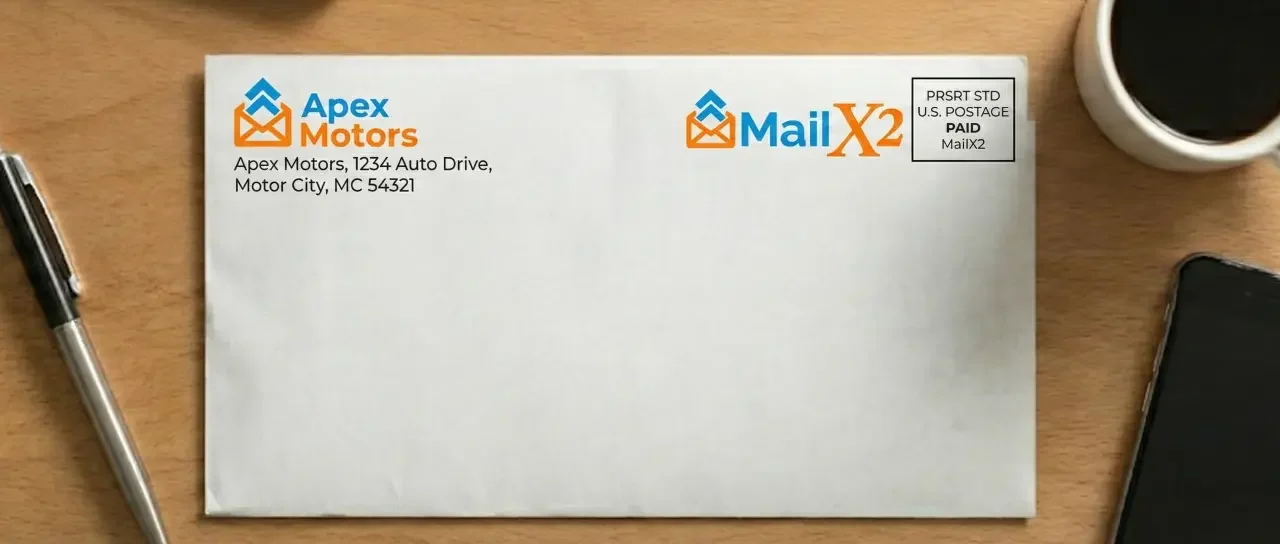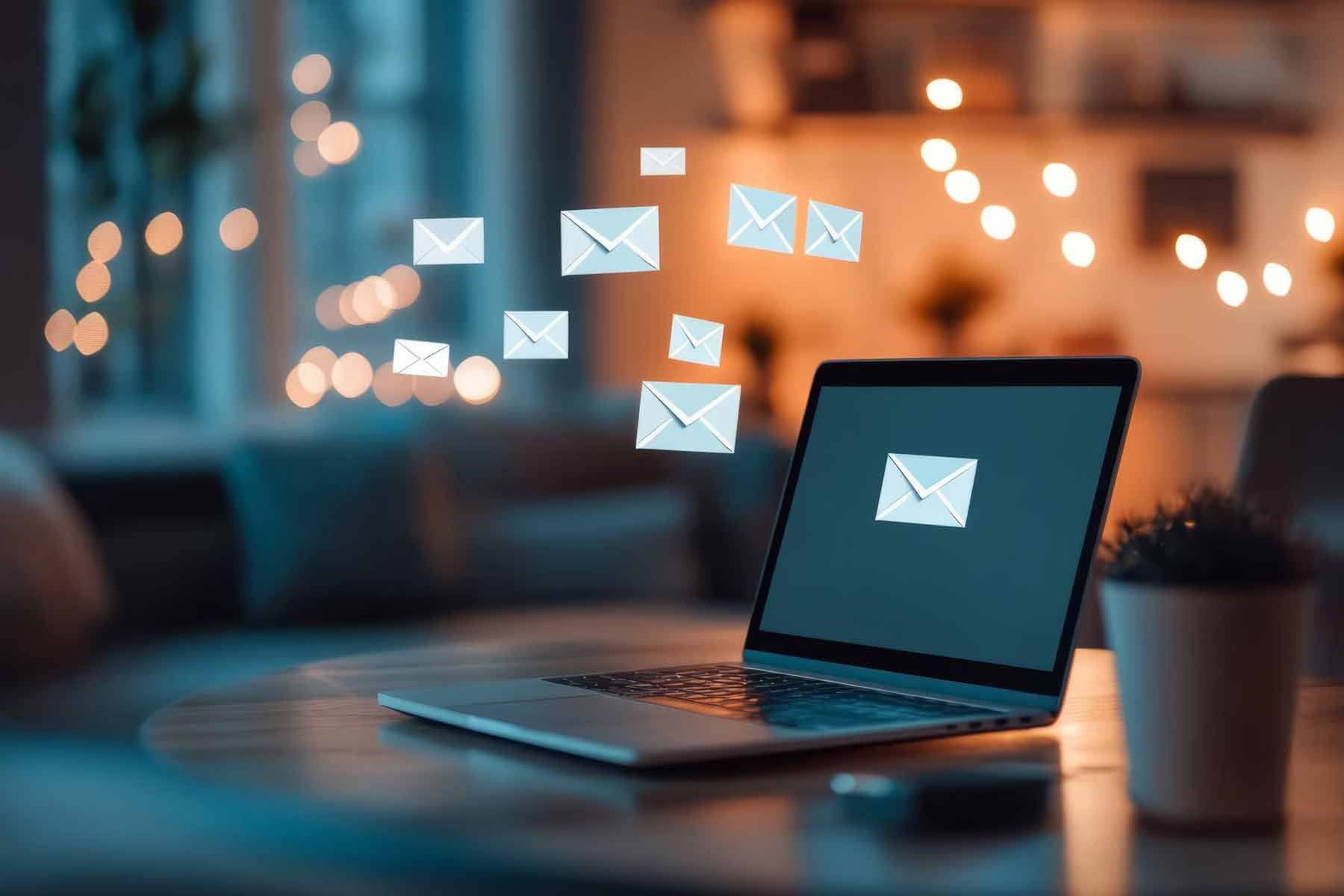How Do I Automate Follow-Up Emails After Someone Visits My Site?
Imagine this: a potential customer visits your website, explores your services or product pages, maybe even hovers over your pricing section, then leaves without a trace. No form filled, no purchase made. You have no idea who they were, why they left, or whether they were on the brink of converting. If this sounds familiar, you’re not alone. According to data from Marketo, 98% of website visitors leave without taking action. The question most business owners and marketers ask next is, “How can I follow up with those visitors automatically?”
In today’s fast-paced digital environment, automating follow-up emails after a user visits your site is not just a marketing luxury—it’s a growth necessity. The faster and more personalized your response, the higher your chances of engagement, conversion, and long-term customer retention. And with platforms like MailX2, automating these follow-ups is more accessible than ever, even for small to midsize businesses.
This article will walk you through exactly how to automate follow-up emails, including the tools, data, and strategies you need to do it ethically, efficiently, and effectively.
Why Automated Follow-Ups Matter
Let’s set the stage with some numbers:
- Visitors who are retargeted with display ads are 70% more likely to convert (Criteo)
- Companies that respond within an hour are 7x more likely to have a meaningful conversation with a decision-maker (Harvard Business Review)
- Personalized email campaigns see 29% higher open rates and 41% higher click rates (Experian)
Speed and relevance are everything. When a visitor checks out your site, they’re expressing real-time interest. Automating an email follow-up lets you strike while the iron is hot—without having to manually monitor every visit.
Can You Really Send Emails Without a Form Fill?
Short answer: yes, but with some important caveats.
Traditionally, email automation relies on capturing contact info through lead forms. But modern tools—like MailX2—can identify and engage anonymous visitors using a combination of:
- Reverse IP lookup
- Device fingerprinting
- Behavioral triggers
- Third-party enrichment databases
MailX2, for example, uses website tracking technology to detect high-intent behavior (like someone visiting your pricing or demo page), then sends a triggered email if the visitor’s identity is known—or follows up through direct mail if not.
Step-by-Step: How to Automate Follow-Up Emails
Step 1: Add a Visitor Tracking Script to Your Site
Whether you use MailX2 or another solution, the first step is placing a JavaScript tracking snippet on your website. This captures visits, time on page, click behavior, and return frequency.
Step 2: Define Key Behavior Triggers
Identify the types of activity that signal a lead is worth following up with:
- Visiting the pricing page
- Spending more than 3 minutes on a product page
- Returning to the site multiple times in a week
- Abandoning a lead form
Each of these behaviors should trigger a different type of follow-up.
Step 3: Connect Identity Data (If Available)
MailX2 and similar tools enrich visitor data with IP, cookie, and device ID tracking. If a visitor has previously engaged with your brand via email or a campaign, their session can be tied back to a known email address.
Step 4: Set Up Automated Email Sequences
Once you’ve defined behavior triggers and matched them with email identities, build tailored sequences. For example:
Trigger: Visited pricing page, but no form submission
Follow-Up: Email within 2 hours saying, “Still have questions about pricing? Here’s how other customers made the decision.”
Trigger: Visited demo page, spent 5+ minutes, but didn’t schedule
Follow-Up: Email 24 hours later offering a demo walkthrough video and a limited-time incentive to book a call
Step 5: A/B Test Subject Lines and Timing
Test different:
- Subject lines
- Time delays (1 hour vs. 24 hours)
- Content (text-based vs. HTML design)
- CTAs (book a call, download guide, chat now)
Step 6: Monitor Performance Metrics
Use metrics like:
- Open rate
- Click-through rate
- Conversion rate (from email to lead or sale)
- Unsubscribe rate
Optimize over time to improve results.
Email Automation Tools That Can Help
There are many platforms that allow automated email sequences. However, not all support behavior-triggered emails based on anonymous visitor tracking.
Here are a few to consider:
MailX2
Best for SMBs and marketers who want visitor tracking + automated follow-up across email and direct mail.
Pros:
- Behavior-triggered email and direct mail
- Enriches anonymous visitors
- Fully managed service
- GDPR/CCPA compliant
Cons:
- Primarily designed for marketers focused on retargeting and multichannel automation
ActiveCampaign
Great for businesses that already have an email list and want to build detailed automation workflows.
Pros:
- Powerful automation builder
- Integrates with website tracking tools
Cons:
- Requires contact capture to trigger workflows
HubSpot
All-in-one CRM and marketing automation platform. Good for mid-sized businesses.
Pros:
- Excellent user interface
- Advanced segmentation
Cons:
- High cost at scale
- Requires form submission to begin email workflows
Use Case Scenarios
SaaS Company
Trigger: Visitor checks out pricing page but doesn’t sign up.
Action: MailX2 sends a follow-up email offering a limited-time discount.
Result: 11% increase in sign-ups over 30 days.
Marketing Agency
Trigger: Visitor views 3+ case study pages in one session.
Action: Automated email with a tailored “Success Stories” deck and CTA to book a call.
Result: 28% click-through rate, 4 new clients.
E-commerce Brand
Trigger: Visitor looks at product page but abandons cart (without creating account).
Action: Retargeting email within 2 hours with product reminder and promo code.
Result: 18% recovery rate.
Why MailX2 Is a Game-Changer
Most email tools wait for users to fill out a form or make a purchase before engaging. MailX2 flips that script by identifying site visitors through enriched data and triggering automated emails and postcards within hours of a site visit.
Key Benefits:
- Shortens sales cycles
- Saves time with automation
- Recovers otherwise-lost leads
- Bridges digital and physical marketing
Compliance and Ethics: What You Need to Know
Before sending any follow-up email, make sure you:
- Have a lawful basis for communication (legitimate interest, opt-in, or prior engagement)
- Provide a clear unsubscribe link
- Follow GDPR and CCPA guidelines for data collection and email outreach
MailX2 is fully compliant and handles these requirements behind the scenes, ensuring you stay legal while scaling outreach.
Pro Tips for Better Automated Follow-Up Emails
- Use personalization tokens like first name, company name, or product of interest
- Keep subject lines clear and curiosity-inducing
- Offer value in every email—whether that’s a resource, case study, or incentive
- Include one CTA, not three
- Match email timing to site behavior (don’t wait a week to follow up)
What If You Don’t Have Email Addresses?
That’s where direct mail comes in. If an email isn’t available, MailX2 can send a personalized postcard based on visit behavior. This hybrid digital + offline model drastically increases engagement.
Stat to consider: Direct mail open rates hover around 90%, and combining it with email increases response rates by 35% (USPS).
Measuring the ROI of Automated Follow-Ups
Track these key performance indicators:
- Email open and click rates
- Postcard redemption/conversion rates
- Lead-to-sale conversion ratios
- Time-to-close metrics
Compare cohorts that received automated follow-ups vs. those that didn’t to calculate ROI.
Final Thoughts
Automating follow-up emails after someone visits your website is one of the most effective ways to convert invisible interest into measurable growth. Whether you’re running a B2B SaaS company, an e-commerce store, or a digital agency, timely and relevant follow-ups are critical. MailX2 takes the guesswork out of the equation by identifying visitor behavior, enriching anonymous sessions, and launching cross-channel follow-up campaigns—so you never lose another hot lead to inaction. Isn’t it time your website worked harder for you?
Sources:
- Marketo: https://www.marketo.com
- Criteo: https://www.criteo.com
- Harvard Business Review: https://hbr.org
- Experian: https://www.experian.com
- USPS: https://www.uspsdelivers.com
- MailX2: https://mailx2.com






